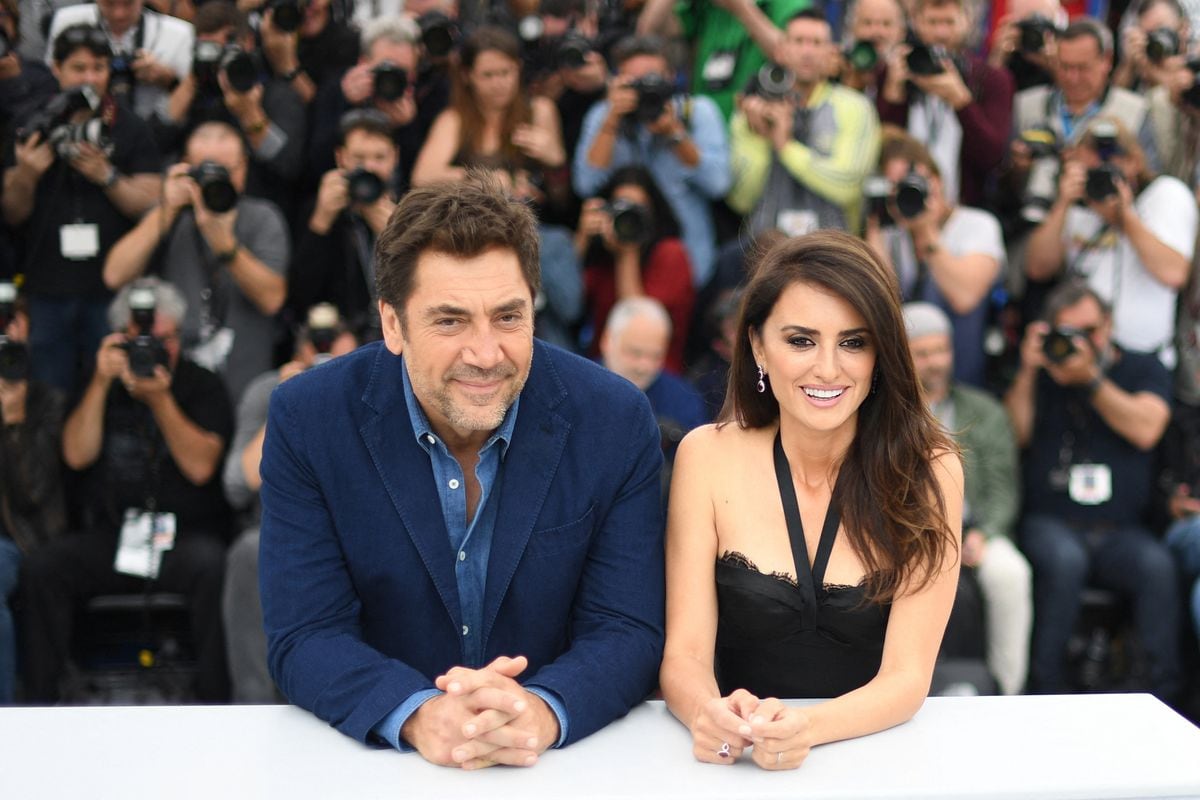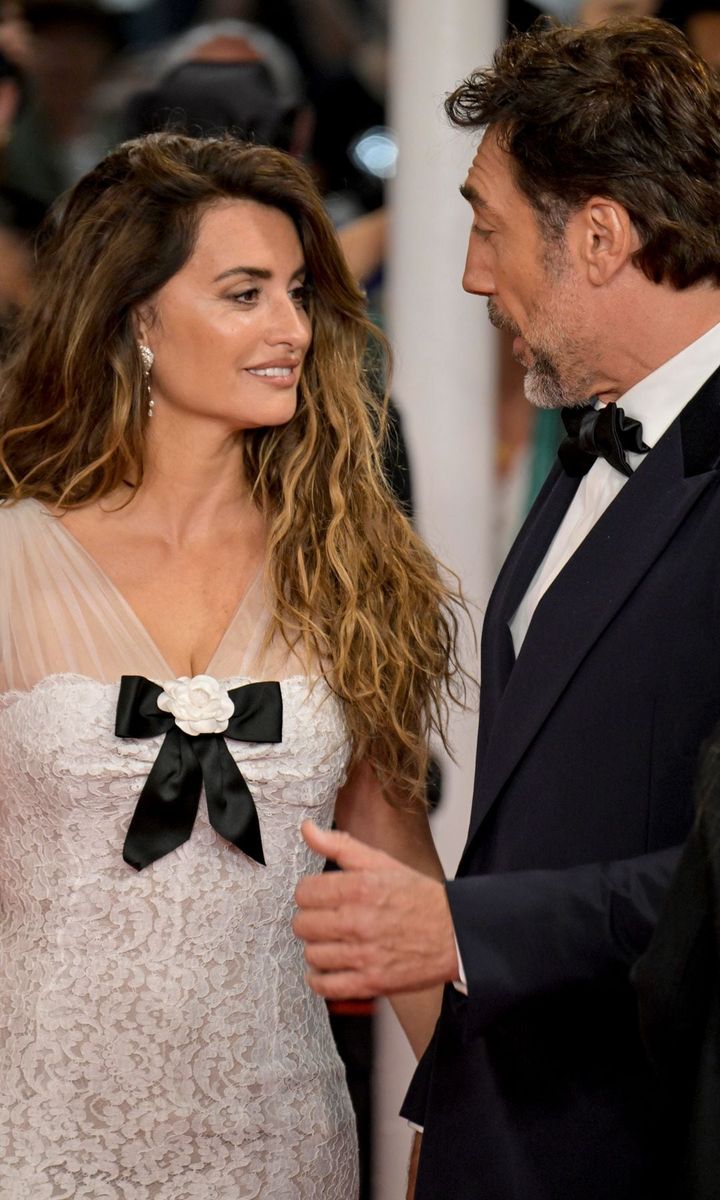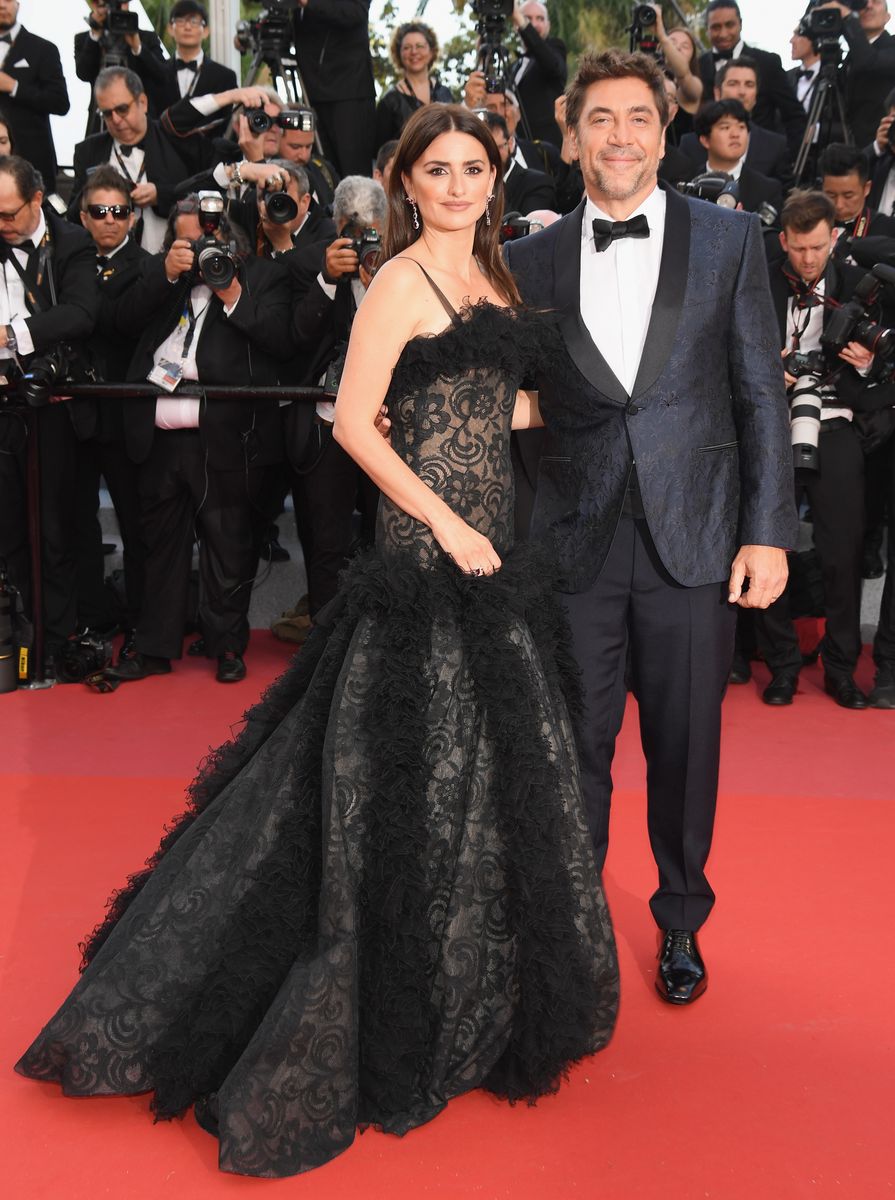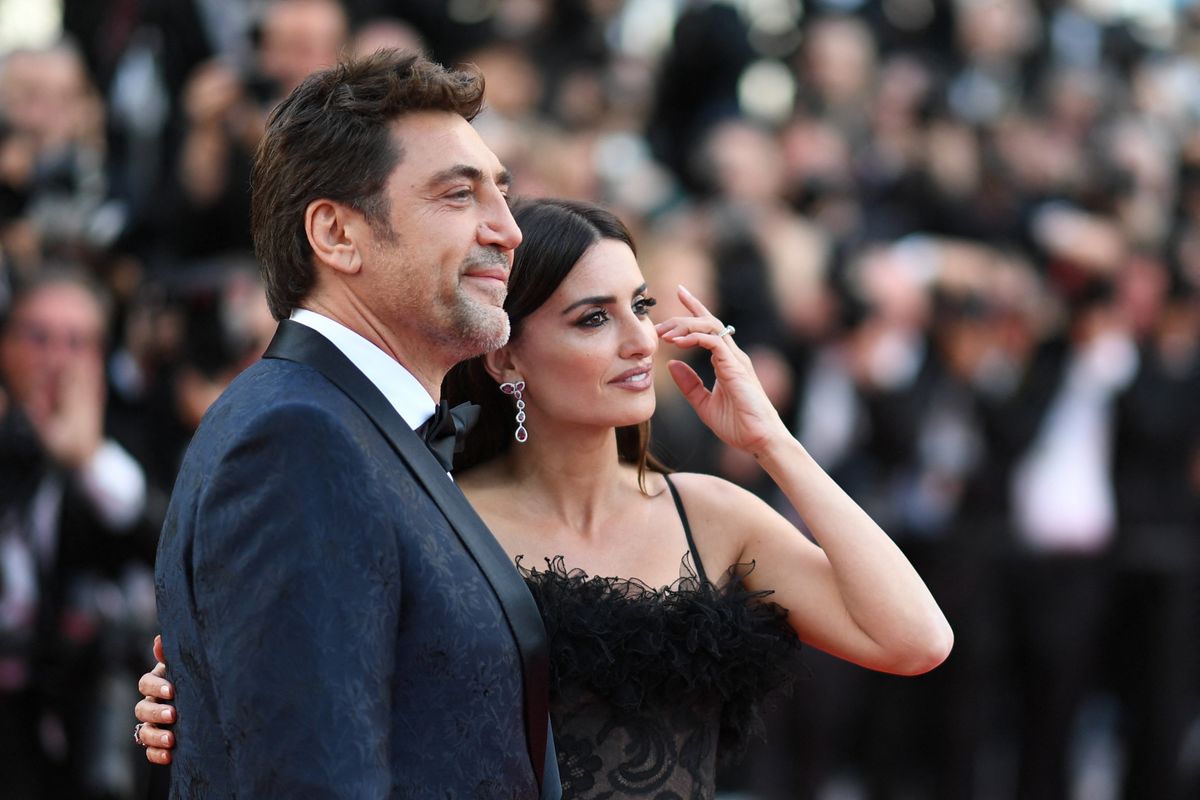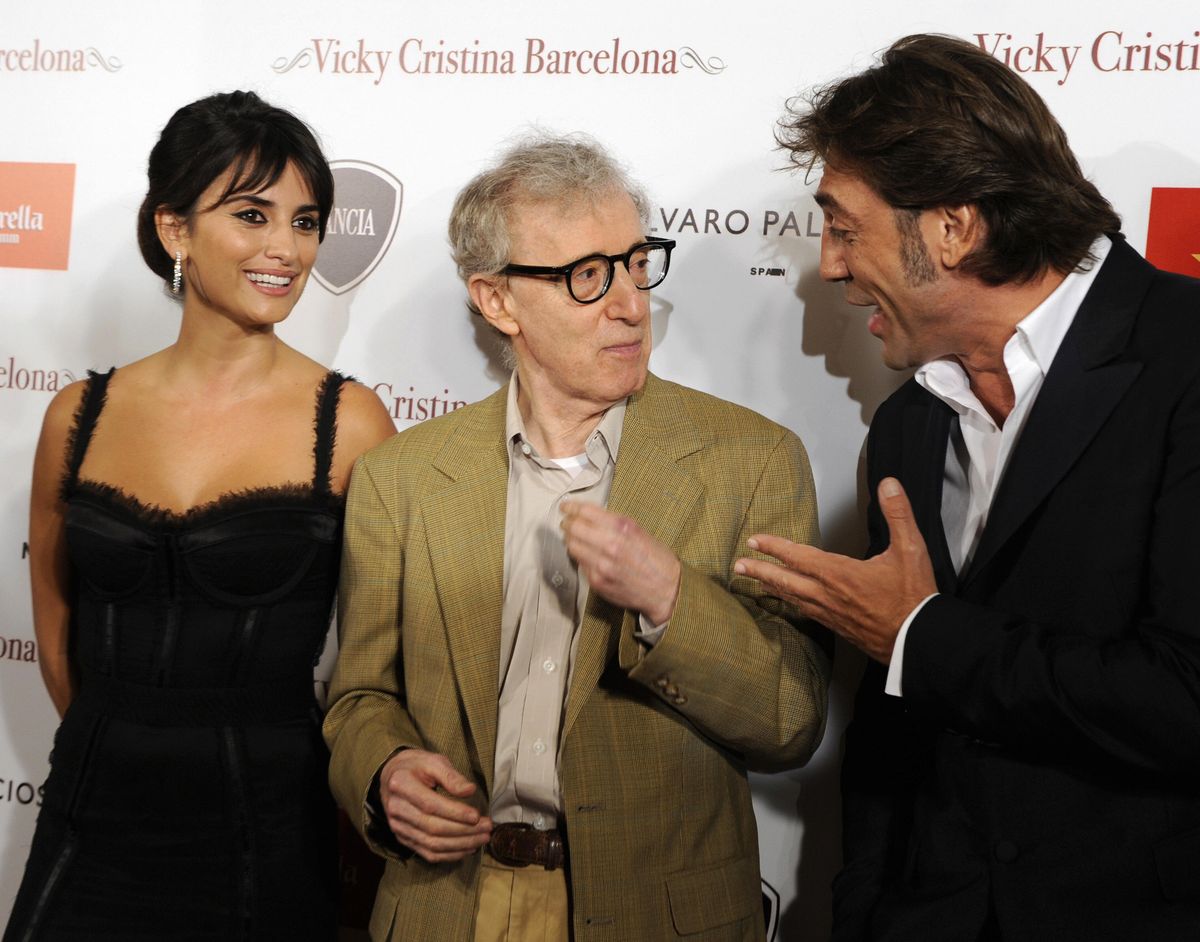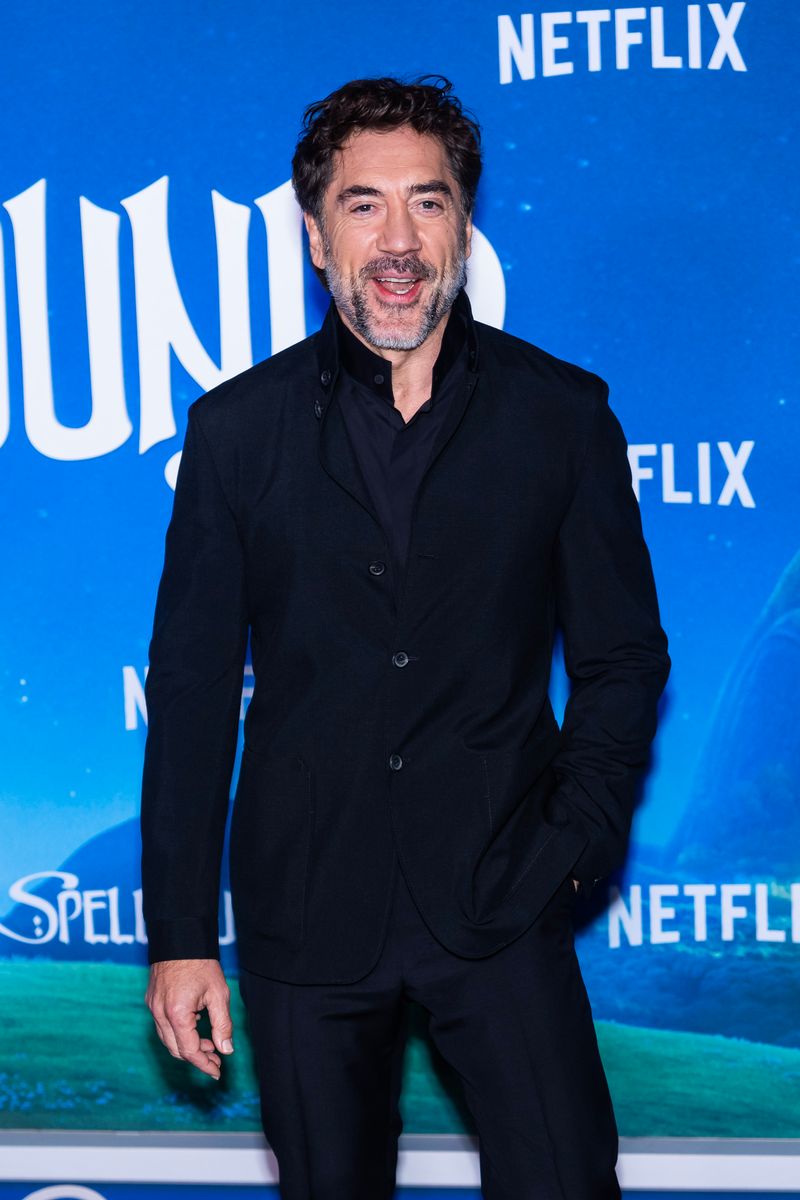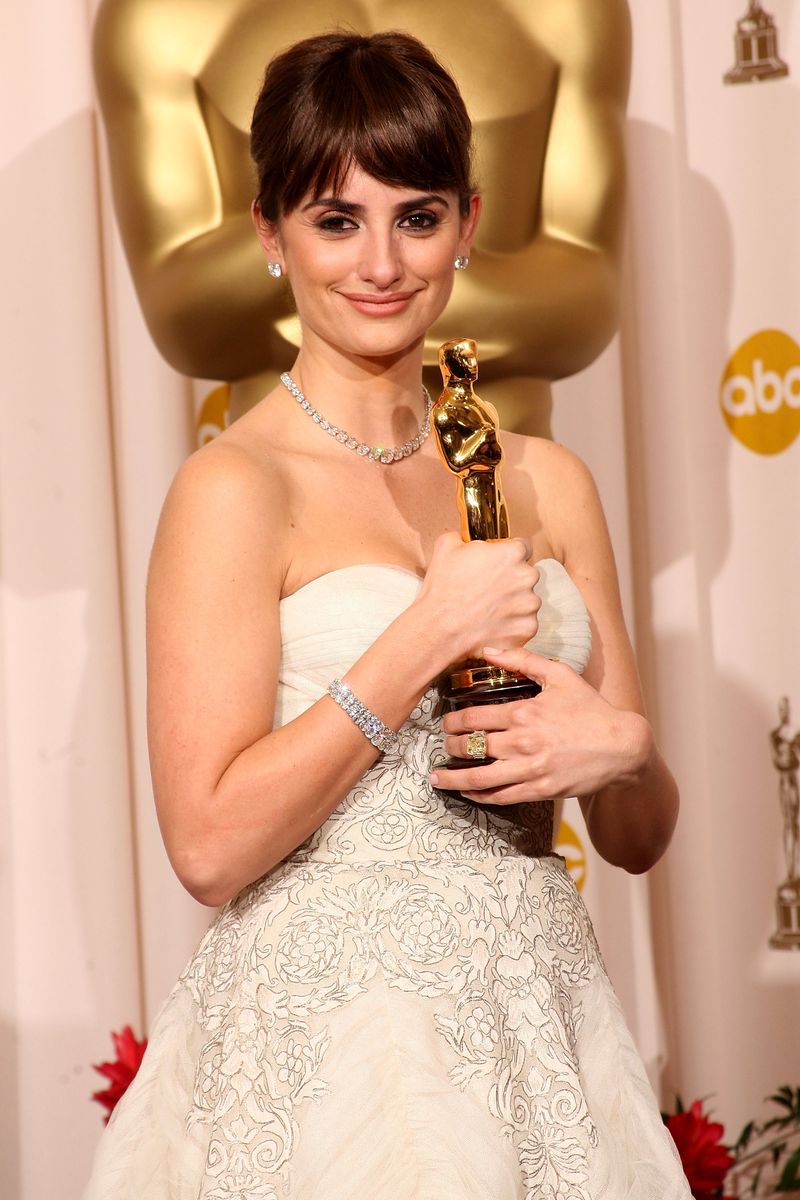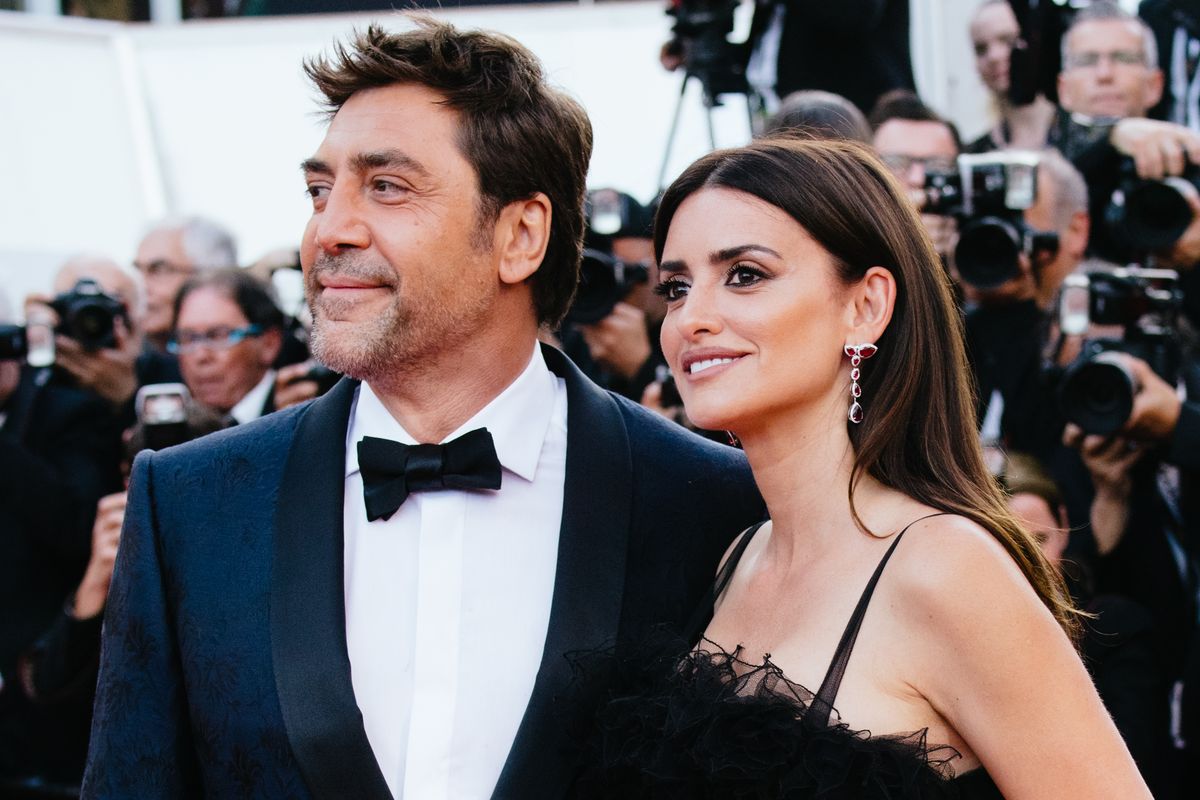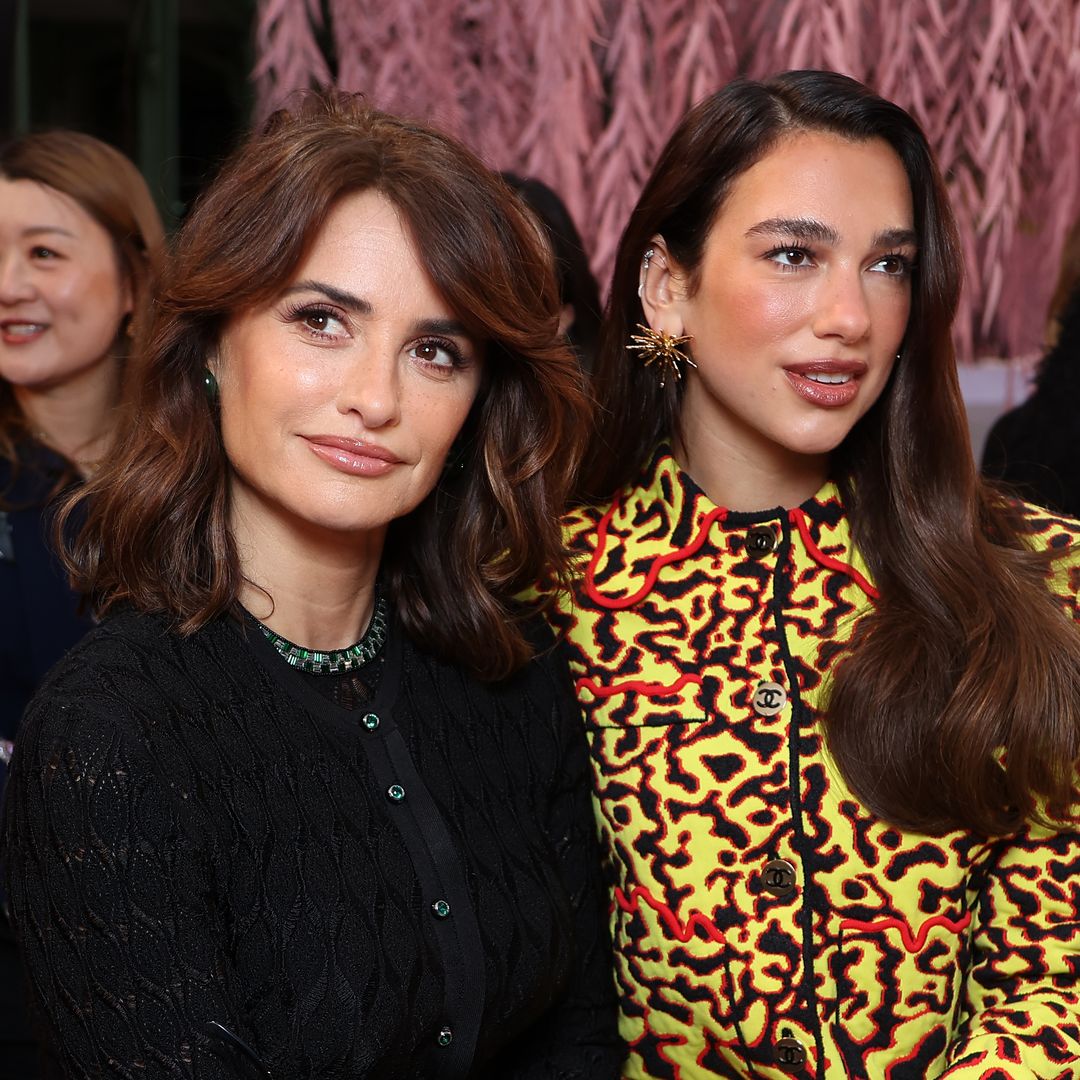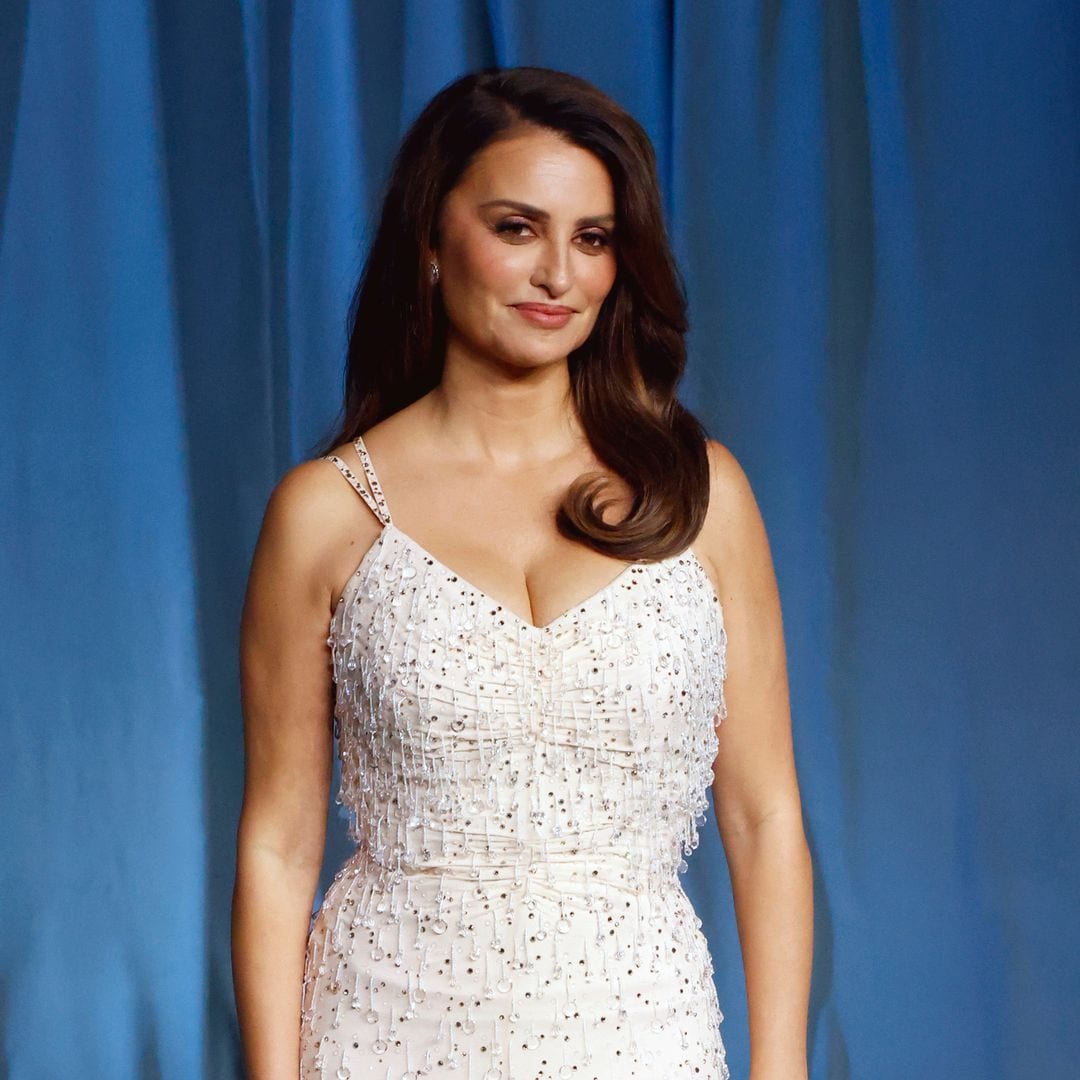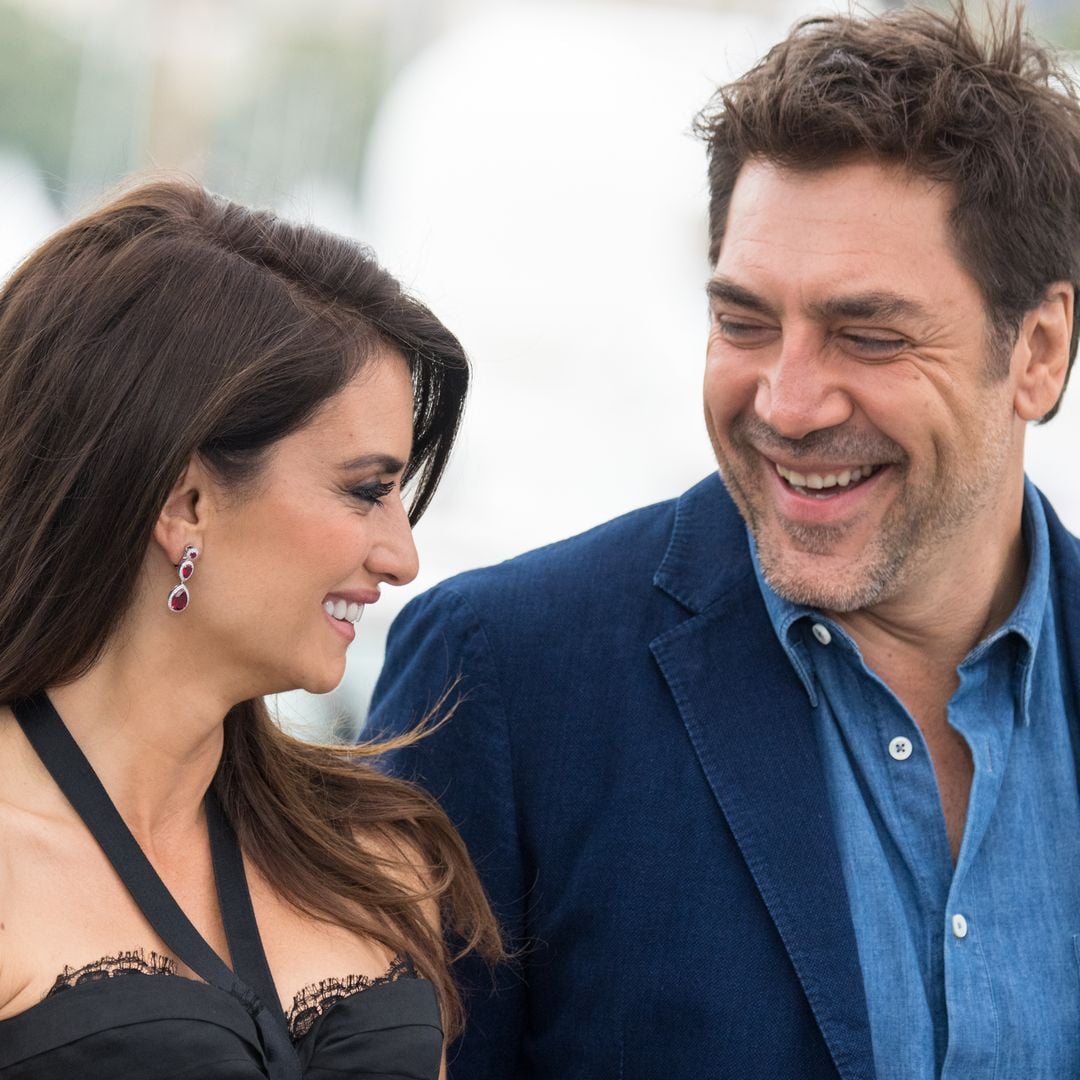As part of the upcoming F1: The Movie alongside Brad Pitt, Javier Bardem is stepping into a high-adrenaline world on screen. Off-screen, though, he’s opened up like never before. For the first time, he spoke about the lesser-known side of becoming a parent. In an exclusive interview with The New York Times, he said that having children with Penélope Cruz was an act of love and a way to create something beautiful together. The arrival of Leo in 2011 and Luna in 2013 was a joyful experience but also a hard one, especially for Penélope, who went through postpartum depression after their first child was born.
"As a man, you have accompanied that person," Bardem reflected. "The pregnancy wasn’t so bad. It was the depression after. She was not capable of manifesting it, and it was so new for her," he recalled.
He spoke about how Penélope lived through those difficult moments. "Now it’s better, but 14 years ago, it was: ‘Is it OK to share this with my husband?’ He recalled, "Is it OK to feel this way when I’m supposed to feel the opposite?’
At the time, he did not fully realize the weight of what she was facing. "I was not able to get the dimension of what it was, unfortunately. But later on, I did. She’s an amazing, brave, strong, beautiful woman that she was able to share it,” he said.
Bardem also shared something personal about his own mental health. At the age of 37, following the end of a long relationship, he experienced a significant low point in his life. “I felt disconnected from the pleasure of life,” he said. “I never went to a place where I was thinking dark things, but I was sad. It took me a while to get out of it.”
Work helped him pull through, and that is when he found love. In 2008, he reunited with Penélope on the set of Vicky Cristina Barcelona by Woody Allen. The spark that began in Jamón Jamón (1992) became something much deeper. The movie, directed by Bigas Luna, is the first in his Iberian Trilogy and dives into Spanish culture and sensuality. Cruz, Bardem, and Jordi Mollà lead a story of love, betrayal, and class tension.
From their very first scenes, Penélope and Javier's on-screen chemistry was raw, intense, and impossible to miss. “We had our moment there. Later on, we had another moment. But she was with someone, or I was with someone. We were very young, and it was not the moment, but then the moment came, and we knew, and we tried to avoid it,” he said, admitting they were afraid.
Years later, as the filming for Vicky Cristina Barcelona came to an end, Bardem still had not taken any action. Unsure of what to do, he called a few close friends, torn about taking the next step. “Because it is complicated,” he said. “She’s an actress. I’m an actor. She travels. I travel. How do you do that?” Mr. Bardem knew the relationship would attract attention, which he dreaded. But the last evening on set, “we had a couple of drinks, and then that’s 18 years ago.”
Vicky Cristina Barcelona was more than just a film for Cruz. It marked the beginning of a lasting and beautiful relationship with Bardem, but also a major milestone in her career. For her fiery role as María Elena, she won the Oscar for Best Supporting Actress at the 81st Academy Awards in 2009. It was her first Oscar and a historic win, making her the first Spanish actress ever to receive an Academy Award.
He opened up in a rare and candid interview from a penthouse in Atlanta, where he is living while working on an Apple TV Plus adaptation of Cape Fear, inspired by the Scorsese classic and the novel The Executioners.
To feel closer to his wife and kids, who are in Madrid, he brought handwritten love letters from Penélope as well as drawings from Leo and Luna. This reflects how much he cherishes his family and the life they have built together. “It happened naturally. I never felt rushed. I never felt like I had to do it. And thank god it did happen. It’s crazy how I don’t recall my life before the kids.”
One rule keeps them close. They never go more than two weeks without seeing one another.r. While filming Being the Ricardos, he once went 21 days without them. "And literally my body was having physical reactions of pain and sadness.”

